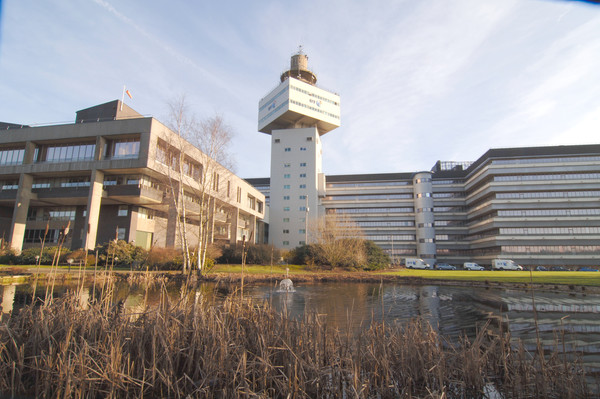BT has trialled G.fast technology to help deliver a cloud-RAN (C-RAN), as it looks for new ways to deploy wireless networks.
Researchers at the operator’s Adastral Park R&D lab worked with semiconductor company Cavium on the trial, which delivered speeds of up to 200MBps.
Typically, a C-RAN uses fibre to connect transmitters from a cell tower to processing equipment within the network. If no fibre is present, the operator usually has to pursue complex and expensive engineering work.
BT said the demo helped to show how operators can reduce the cost of deploying LTE and future 5G networks, without affecting the network quality.
C-RAN has been seen as a means of deploying and operating networks more efficiently, delivering a more effective network at a lower cost.
Dr Tim Whitley, MD for Research & Innovation at BT said: “Using G.fast to deliver a cellular network is an exciting breakthrough for C-RAN and yet another world first for our team of researchers at Adastral Park.
“These technologies will play a key role in 4G networks and will be fundamental to 5G architectures. The trials are another step towards a fixed and mobile network which will support customers’ increasing demands for data.”
BT has been one of the biggest advocates of G.fast technology, trialling it as a fixed access technology in Huntingdon and Gosforth in the UK, with a separate trial in Swansea.
Last year it hit speeds of 5GBps in a demonstration with Alcatel-Lucent.
BT said it wants to use G.fast to bring broadband to 10 million home by 2020, assuming the trials are successful and it gets the sufficient regulatory approval.



